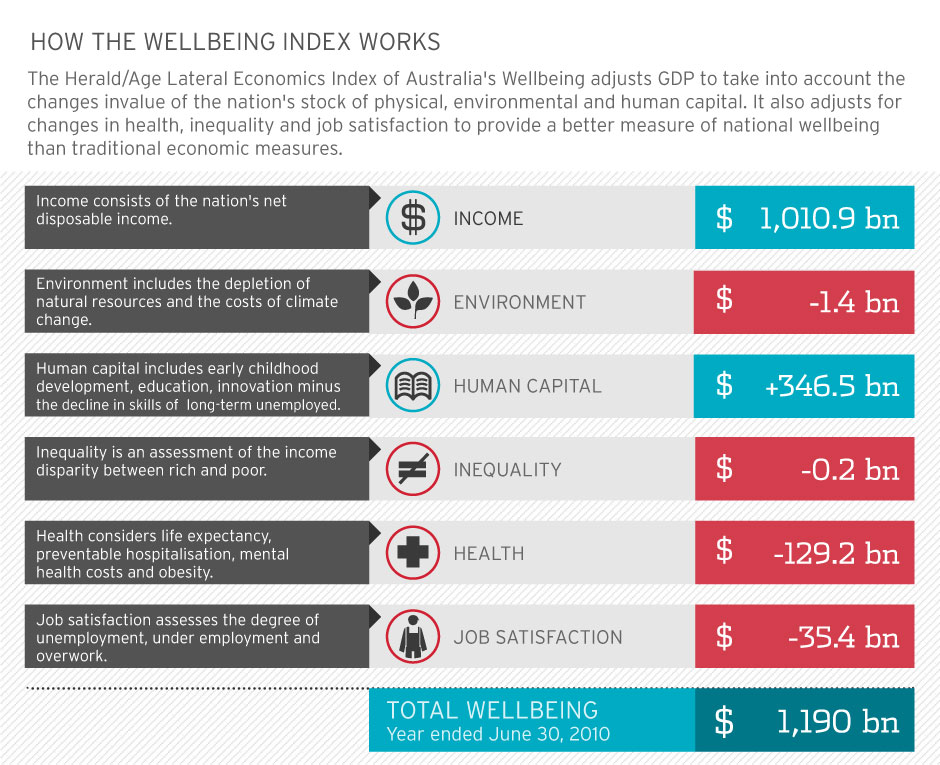ethics
Scientism, Evolution and the Basis for Morality
Cut, jab, thrust, confusion! That seems to be the spirit of an ongoing exchange between Michael Ruse and Jason Rosenhouse of Evolutionblog. It started with scientism, the term (often used in the pejorative) applied to the notion that science is the best/only way of knowing the world. It then shifts to a somewhat complex (but useful) discussion of moral knowledge, moral absolutism and the slippery slope into moral subjectivism.
The discussion is useful precisely because it’s complex and irresolute – and that’s precisely where the debate lies at the heart of naturalistic ethics today. In delving to this depth – a more arcane depth than most public commentators would delve – we can get to some of the most pressing and important questions in ethics.
First, a word on scientism: I do firmly believe that science is the best tool in our kit for understanding the natural world. But it’s a limited tool. As they say, science is a wonderful tool, but a terrible master. Let’s not wander into the fallacy of assuming because it can’t do something then therefore that thing doesn’t exist.
Ultimately, I take a pragmatic stance on knowledge, and on the utility of science. We’re confronted with phenomena, we organise and structure that phenomena and posit theories to explain it and make predictions about future phenomena. Science has been very carefully developed and refined to be exceptionally good at this task – and if you care about explaining and predicting phenomena, then science beats all comers, especially any brand of revelation.
But that’s not all there is to knowledge. As Ruse points out, there are questions about this method itself, or about how the world can be such that science even works. Science can’t answer those. And that shouldn’t worry us a jot. That’s what philosophy is for.
